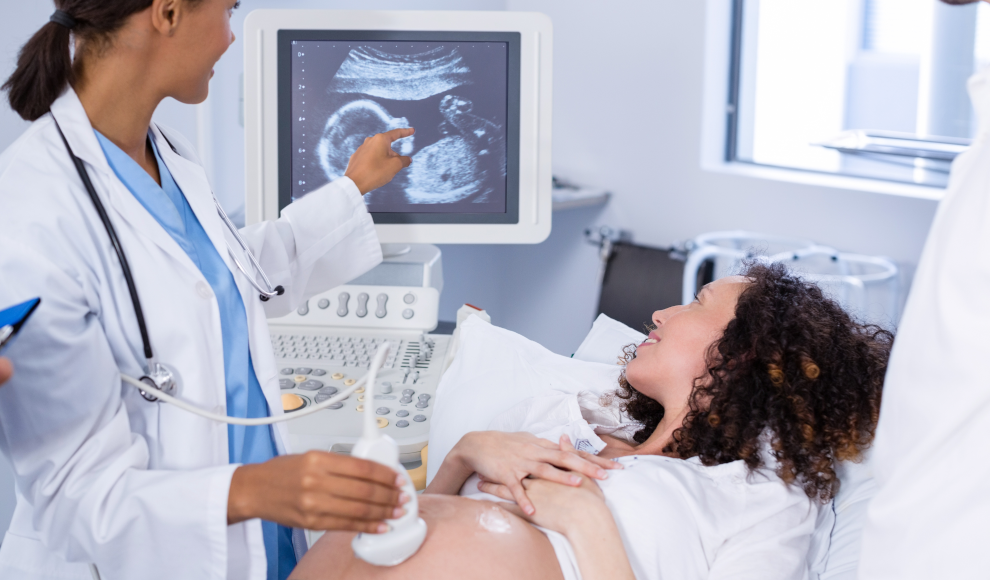A new study in Austria is examining the effects of poverty on pregnant women and their newborns. Previous research has shown a correlation between a precarious living situation and obstetric risks, such as premature birth and low birth weight. The study, conducted by researchers at the FH Gesundheitsberufe OÖ, is based on an online questionnaire that collects data on the socioeconomic status and demographic information of pregnant women, as well as their nutrition, healthcare, and any complications during birth. The study does not differentiate between births of trans men and cis women.
Barbara Schildberger, head of the midwifery program and study leader, explains that the negative effects of stress and other factors on the health of the unborn child are already known. The researchers have defined poverty as more than just income, developing their own indicators based on the European Union Statistics on Income and Living Conditions (EU-SILC) survey. Poverty is defined as the “involuntary inability” to afford certain expenses, such as regular meals with meat, poultry, or fish every two days, adequate heating, or a one-week annual vacation. The study aims to identify how poverty affects pregnancies and the health of newborns in Austria.
The study is particularly relevant in light of the economic situation in Austria, which has worsened for many people since the beginning of the year. The researchers hope to complete the analysis of the study results by the end of the year, with publication expected in the fall of 2024. The study is an important step in understanding how poverty affects the health of pregnant women and their newborns, and how to provide support to those in need.










